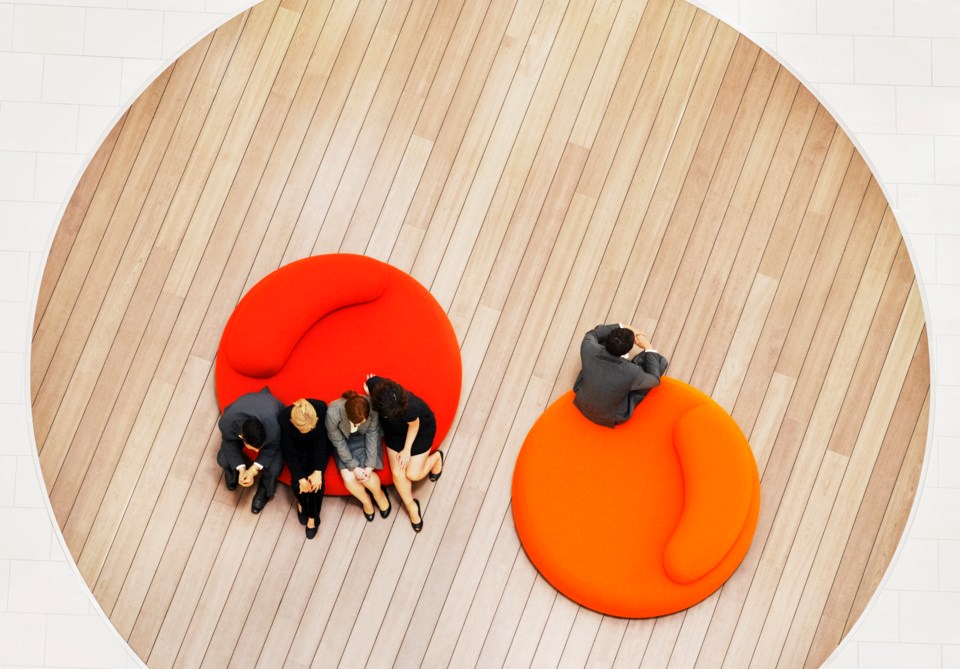The latest season of Survivor once again gave me food for thought.
Watching Survivor is our little sweet family tradition, and every spring and fall my hubby and I look forward to it with excitement. A few of my friends say it's silly, but I indeed find the show not only entertaining but indeed valuable as it brings up a lot of important topics and every new season opens up a new layer in the conversation about social diversity.
Of course, this season was even more exciting for me due to the local connection. Even though Canadian Erika Casupanan won one of the previous games, her Ontario origins made it for a weaker tie than Moose Jaw's Kane Fritzler (who actually even has connections to Estevan, as Dave learned).
But outside emotions, which the showrunners sure know how to stimulate, Survivor once again didn't disappoint by turning its interest towards another stigmatized group of the population, thus adding to a broad spectrum of topics, discussed on the air and creating greater waves off it.
Throughout its years, the show has touched on many important and sensitive social topics, including the latest conversations about race, harassment, sexuality and more. The discussions are often brought up through participants' stories told to the cameras or tribemates. The participants themselves and their stories start conversations, which in this almost greenhouse format mimic American social tendencies.
Last season Jesse Lopez shared with his tribe and with North America that he was part of a gang in the L.A. area and ended up in juvenile hall at 17 years of age. His story was a story of hope, as he managed to break out of his criminal lifestyle, get a Ph.D. in political science and create a family.
But his story and his participation in the show kind of reminded that there are Americans with a not-that-happy past and often present, and they are also a part of the country and society.
This season Caroline Wigger – one of the freest and oddest participants I've ever watched playing – shared about her addictions in the past as she was celebrating another milestone of being sober. This way it brought up another tough topic.
The cool thing about the show and about those diverse participants is that not only do they serve as conversation starters, but they also often help break the stereotypes created in the shadow of related stigma.
Take Caroline. Since the beginning of the show she's been acting different and appeared like a player who'd be an easy write-off. But the further the game progresses the more she opens up as a great, smart, strategic and also social player. A very deserving winner in my eyes. But in real life when others don't see all of our sides as viewers do in Survivor, add addictions stigma, and that odd behaviour, which is just her being herself, probably would push a person way back in a line to success.
The show brings people of very different groups and makes them work in a competitive, yet community-centred environment. Their survival, be it basic physical needs or continuation in the game, depends on their relationships with others, their ability to open up, listen, rely on each other and build that survivor village. And it allows us, the viewers to see these people of diverse backgrounds and walks of life from different perspectives.
Survivor had gay and transgender people talk about their challenges. The show tries to break the limitations that society associates with age, be it younger or older people. It keeps a focus on gender and race matters. They also touch on immigration, education, class and many other backgrounds that all affect the outcomes.
The show not only allows for discussions on things that matter to people from all walks of life, but it also illustrates the genuine diversity of society and normalizes that diversity. We don't hear too many stories of people with criminal or otherwise troubled backgrounds on TV if it's not some kind of a specialized show. We don't hear a lot about inequality unless it results in social explosions like #MeToo or #BlackLivesMatter.
But in reality, every person has a story, we have privileges and disadvantages due to many reasons, and not all pages in our books make us proud. A lot of people live with stigma, and I believe the fact that Survivor brings up those stigmatized topics during its prime airtime contributes to changing how we live and treat each other.


